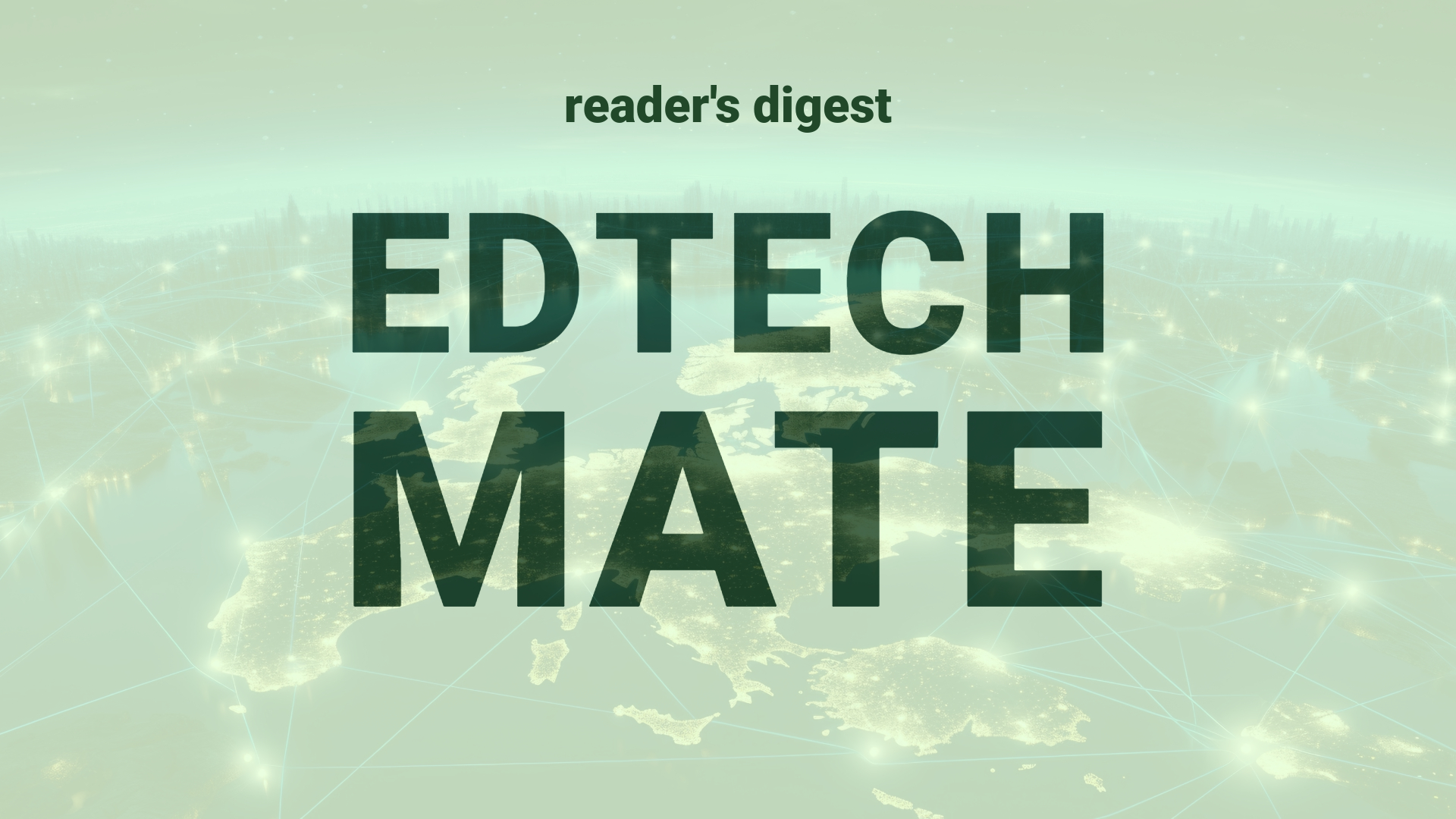Executive Summary and Main Points
The emergence of Generative AI (GenAI) and Large Language Models (LLM) represents a transformative shift in various sectors, introducing novel business opportunities. Industry leaders are recognizing the potential of these innovations to enhance and expedite business operations. Specifically, the utility of GenAI in monetizing and creating revenue streams is of substantial interest. To successfully implement these technologies, strategic and orderly approaches are vital. This encompasses the entirety of the technology adoption lifecycle, from proof of concepts (PoCs) to Minimum Viable Products (MVPs) and full production deployment. Engagements with clients reveal a dynamic AI landscape, necessitating constant adaptation and expert guidance.
Potential Impact in the Education Sector
The integration of GenAI into the education sector stands to significantly impact Further Education, Higher Education, and the proliferation of Micro-credentials. By enhancing personalized learning experiences and streamlining administrative tasks, these technologies could revolutionize learning ecosystems. Strategic partnerships will likely be vital in curating tailored educational content and leveraging digital resources. Digitalization will further democratize access to education, ensuring learning continuity and expanding global reach.
Potential Applicability in the Education Sector
Innovative applications of AI and digital tools are poised to reimagine the educational landscape. Virtual course assistants powered by LLMs could provide personalized tutoring and assessment capabilities. GenAI-driven platforms may offer dynamic curricula that adapt to student performance, while AI analytics could optimize institutional operations and decision-making. Integrating these technologies into global education systems can potentially enhance the scalability and efficiency of learning models.
Criticism and Potential Shortfalls
Despite its promise, the introduction of GenAI into education does not come without criticisms and potential setbacks. There is a risk of exacerbating educational disparity if technology is not equally accessible. Ethical concerns around data privacy and AI bias must be considered, particularly in diverse cultural contexts. Comparative international case studies illustrate varying degrees of success in technology adoption, underlining the importance of contextualized strategies.
Actionable Recommendations
To leverage the capabilities of GenAI within higher education, it is recommended to engage in cross-sector collaborations, fostering innovation ecosystems. The development and testing of AI-augmented teaching tools should occur within a framework of ethical AI usage. Pilot projects, incorporating feedback from educators and students, can guide the iterative development of technologies. International education leadership should consider formulating policies that foster inclusivity and address the digital divide to ensure equitable access to AI-enhanced education.
Source article: https://techcommunity.microsoft.com/t5/ai-ai-platform-blog/azure-genai-application-deployment-strategy/ba-p/4163017

